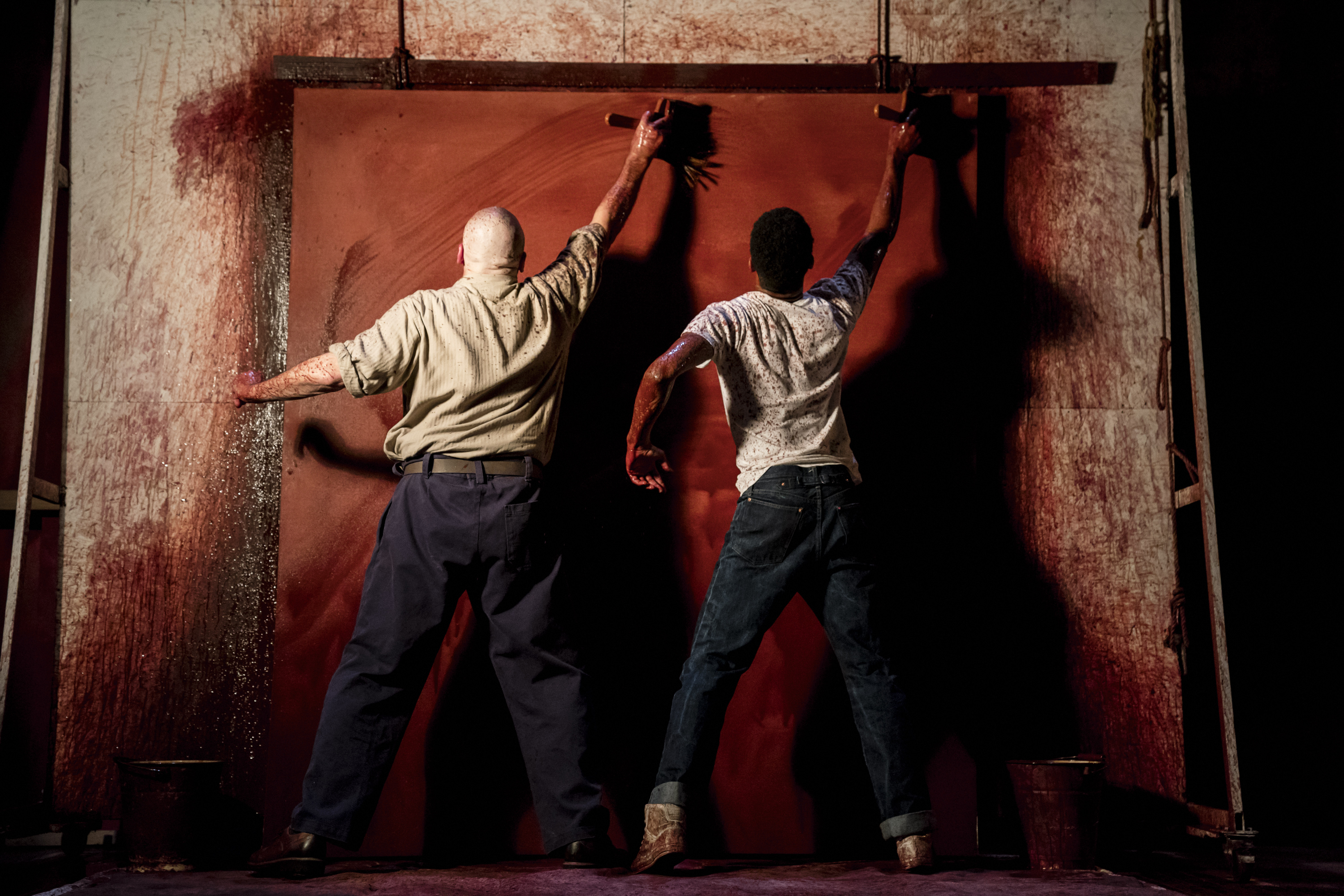West End Hits ‘Funny Girl,’ ‘Red’ Coming to Theaters Thanks to Trafalgar Releasing
By Brent Lang
LOS ANGELES (Variety.com) – Theater fans don’t need to book passage across the pond in order to see West End favorites.
On Wednesday, Trafalgar Releasing will begin rolling out its latest slate of hit London shows, all of which have been captured on film in an effort to broaden their audience. “Funny Girl,” the first of these filmed versions, will debut in theaters on Wednesday for a one-night only presentation. It will be followed by “Red,” an award-winning drama starring Alfred Molina as the painter Mark Rothko; the Tony and Olivier-winning production of “An American in Paris”; and “The King and I,” a performance at the London Palladium featuring Ken Watanabe and Kelli O’Hara.
“We’re always looking to do a range of projects,” Trafalgar Releasing CEO Marc Allenby said. “We want to do big tentpole productions and also some smaller, more offbeat works.”
The company isn’t just releasing filmed plays — it will also offer up everything from the Bolshoi Ballet to Mat Whitecross’ Coldplay documentary “A Head Full of Dreams.” In any given year, Trafalgar will release between four to 10 filmed versions of shows. They will play in anywhere from 500 to 600 cinemas in the U.K. and up to 2,500 screens globally. So far, the company has largely focused on West End shows. Broadway shows have complicated union regulations that can make shooting productions difficult and can cost as much as $2 million to film. However that may no longer be the case. Trafalgar recently recruited Kymberli Frueh, a Fathom Events veteran, to join its North American operation as senior VP of programming and acquisitions.
“We’re in a lot of active conversations with Broadway producers,” Allenby said. “There are incredible shows on Broadway right now and a lot of people are savvy to these kinds of opportunities.”
That’s a big change. It used to be difficult to sell theater directors, actors, and producers on the wisdom of filming shows. They were worried that the movies would be slapdash affairs that would fail to accurately capture the performances and had the potential to cannibalize ticket sales. However, the popularity of filmed productions of everything from the Royal Shakespeare Company to the Metropolitan Opera has caused such prejudices to dissipate. Just ask Michael Grandage, the director of “.” He’s been a convert ever since his 2010 production of “King Lear” was captured on film and shown in cinemas.
“It was an eye opener for me,” Grandage said. “I think that more people saw the film in one night in cinemas than watched it during its entire run in the U.K. and in America. And we were doing eight performances a week.”
“Not everyone can get to London to see a show and not everyone can afford a ticket,” adds Grandage. “This is a game changer.”
As filmed versions of live events have become more commonplace in theaters, producers have improved their approach to shooting plays. It used to be that these movies were rather staid affairs, with one or two cameras more or less capturing the action, and with minimal editing. Now, the Trafalgar team is more collaborative in its approach, mapping out sequences, mixing in close-ups and wide shots, so it can better capture performances. Grandage said he had multiple meetings with the Trafalgar team to plot out filming and noticed that the camera crew saw the show two or three times in order to fully prepare.
“There was lots of pre-planning,” he said. “They don’t just turn up on the day of the shoot. They want to fully capture the performances.”
As Trafalgar expands into the U.S., Allenby has his own bucket list of performances he’d like to capture.
“‘Hamilton’ lends itself to being filmed,” he said. “Not that I’m the first person to think that.”
Hint, hint Lin-Manuel Miranda.

